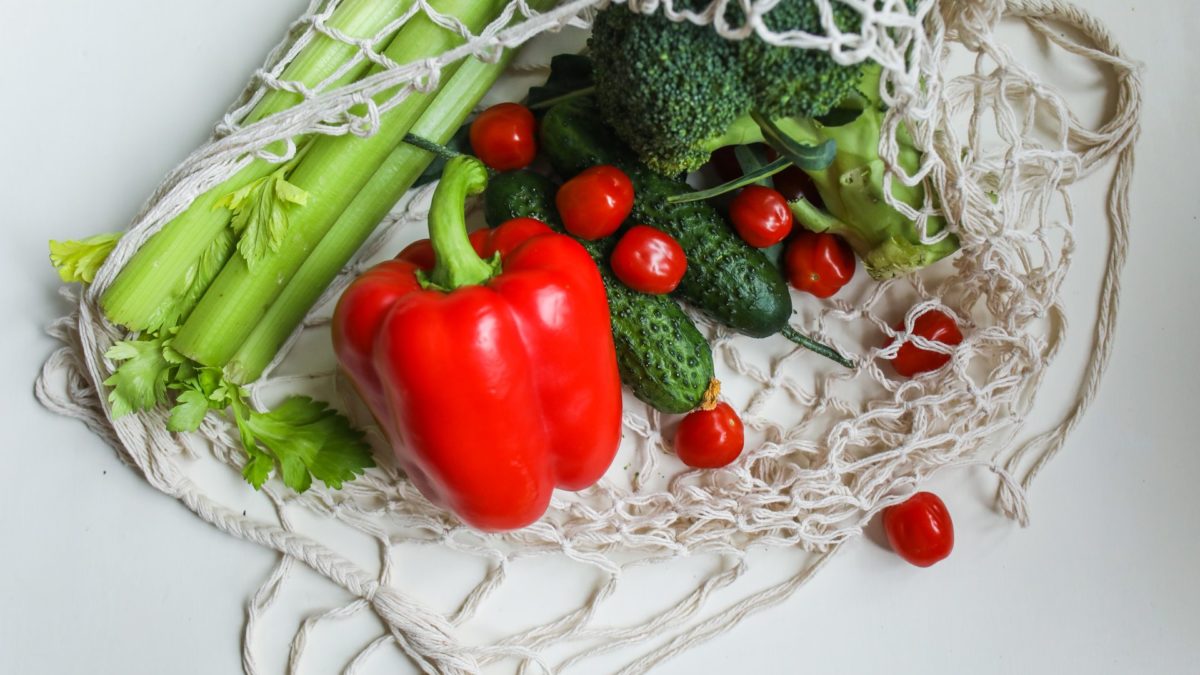Want to keep eggs, broccoli, leafy greens, fresh herbs, parmesan cheese and rhubarb fresher for longer?
Here’s how to store your groceries properly.
How to store eggs properly
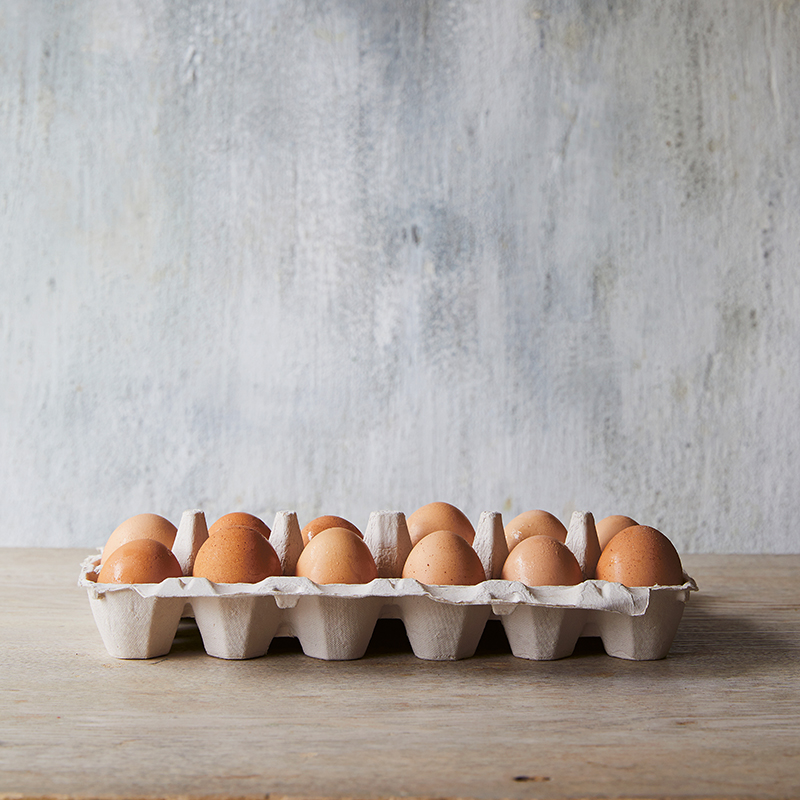
Temperature fluctuations are not good for eggs. If you leave a cold egg out of the fridge, it will begin to sweat, which can encourage bacteria growth leading to egg contamination. As a rule of thumb, you should store eggs at the temperature you bought them, unless you live in a warm climate in which case it’s recommended to store them in the fridge.
Keep your eggs in the cardboard container they came in, as this prevents them from losing moisture and absorbing the flavours of other foods in the fridge.
Eggs will stay fresh for up to six weeks after laying, so check the use-by date on the carton.
Keeping broccoli fresh for longer
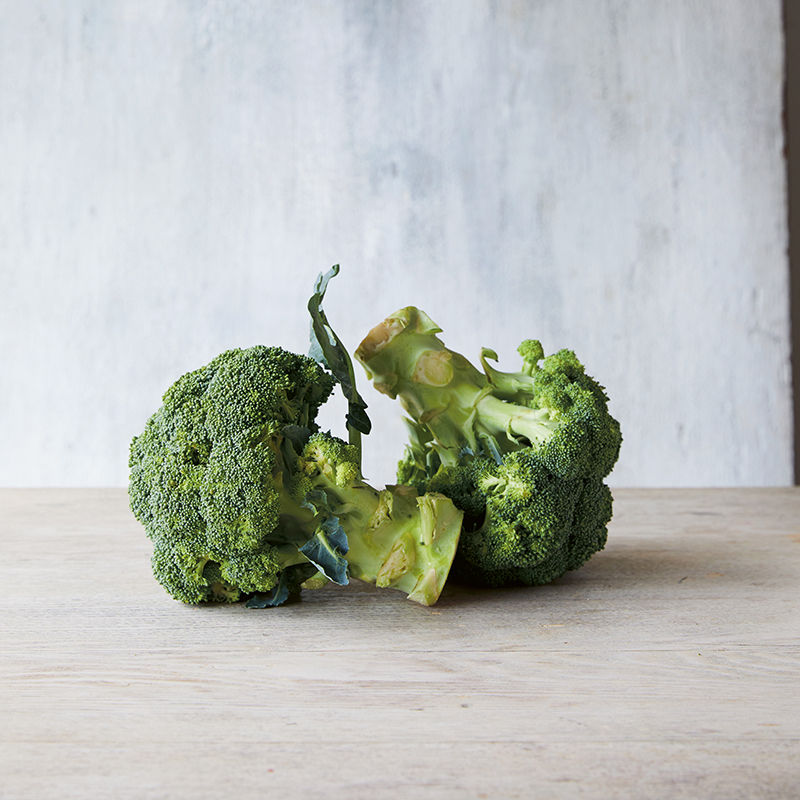
Broccoli florets are not good for preserving, as they end up smelling too sulphurous in the jar; however, never throw the stems away, as they make the most delicious quick pickles.
It’s best to wash broccoli just before eating, rather than washing and then storing it, as it doesn’t last as well. To store, wrap the unwashed head loosely in a damp cloth or beeswax wrap, leaving the stem free, and refrigerate. Do not store broccoli in a sealed container or plastic bag, as it needs to breathe.
To wash broccoli well, fill your sink with water and add 1 teaspoon salt or bicarbonate of soda (baking soda), or 3 tablespoons vinegar. Soak for a few minutes, then rinse and prepare.
Waste tip
Revive tired broccoli by cutting it into pieces with the stem attached and soaking in a bowl of ice-cold water in the fridge for 30 minutes. Drain, dry and use.
Use it all
Broccoli stems are sweet and flavoursome. Add them to stir-fries, use them in pestos or thinly slice and quick-pickle them.
How to store leafy greens to keep them fresh
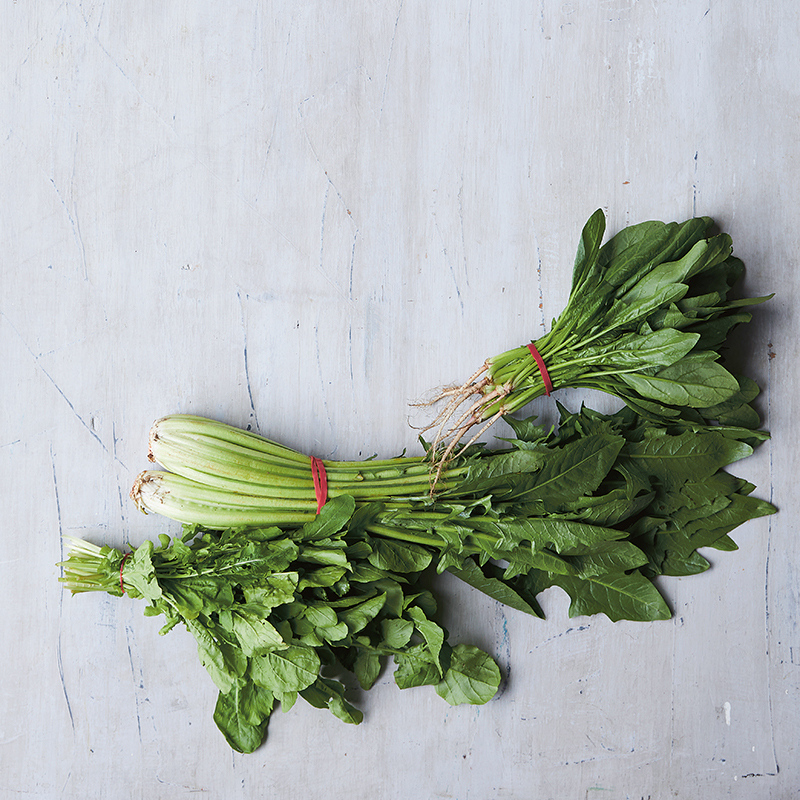
Leafy greens don’t last well if they’re not stored correctly, so buy less more frequently, and don’t let them turn to mush at the back of the fridge. How long they last will depend on how sturdy the leaves are—English spinach won’t last as long as silverbeet (Swiss chard), for example.
When stored properly, leafy greens will stay fresh and crunchy for ages. Roll them tightly in a slightly damp tea towel and tuck the ends in. Store them in a sealed container, calico bag or plastic bag in the fridge and you’ll be shocked at how long they last. This method is great for herbs too (just not basil or mint).
Waste tip
Don’t forget you can add a handful of tired rocket or baby spinach to pestos and green sauces. Once puréed, no-one will notice they were wilted!
The best way to store fresh herbs
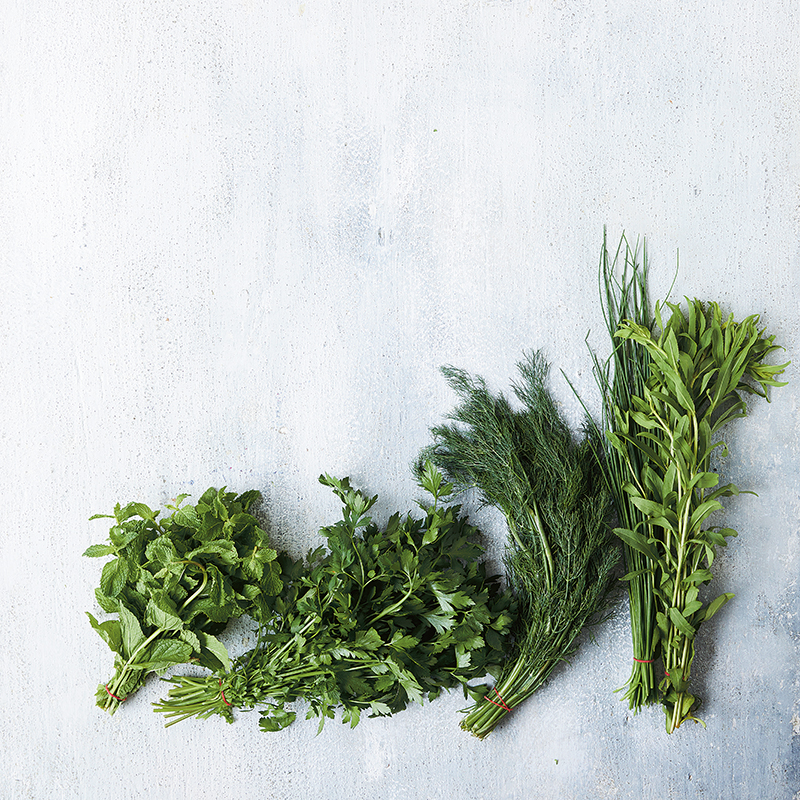
Soft green herbs are very delicate and need to be cared for—unfortunately, neglect means they are one of the most wasted ingredients bought at the supermarket. If you can, buy small amounts regularly and please try not to buy herbs wrapped in plastic. Smaller grocers with a high turnover will often sell herbs in bunches without plastic. Even better, grow your own herbs and pick the leaves as you need them.
You can store herbs in a glass of water on the benchtop or in the fridge for a few days. For longer storage, gently wrap them in a slightly damp tea towel and then place in a bag or airtight container in the fridge for 5–7 days. Check on them daily. Mint and basil are the exception here, as their tender, warmth-loving leaves turn black in the cold. Cut stems should be stored in a glass of water in dappled light on the benchtop. Make sure there are no leaves below the water level.
Use it all
If you’re left with a small amount of fresh herbs to use up, don’t bin them! Chop finely, pop into an ice-cube tray, top with olive oil and freeze. Defrost and use in a salad dressing or add a cube to a hot pan before sautéing fish or potatoes.
Storing parmesan cheese properly
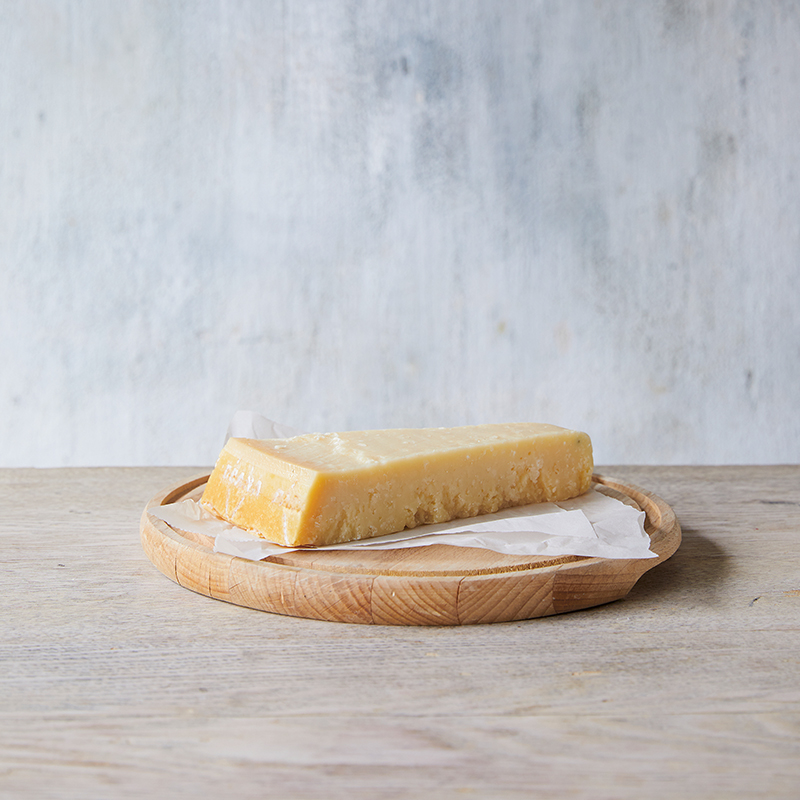
Don’t buy pre-grated parmesan! Buy it by the block and grate it just before serving; this way the flavour is at its most intense and you’ll need less.
Store hard cheeses, such as parmesan, in a waxed wrap or cloth to prevent them from “sweating” and being exposed to the air and turning white. If this happens you can bring your cheese back to life by wrapping it in a piece of damp muslin (cheesecloth) and then in a beeswax wrap and store in the fridge overnight. The next day—ta dah! Your cheese will be fresh again.
Waste tip
Save your parmesan rinds! Pop them in a jar or airtight container and store in the freezer, then pull them out as you need them to throw into a minestrone or stew, or make a parmesan broth.
The best way to store rhubarb
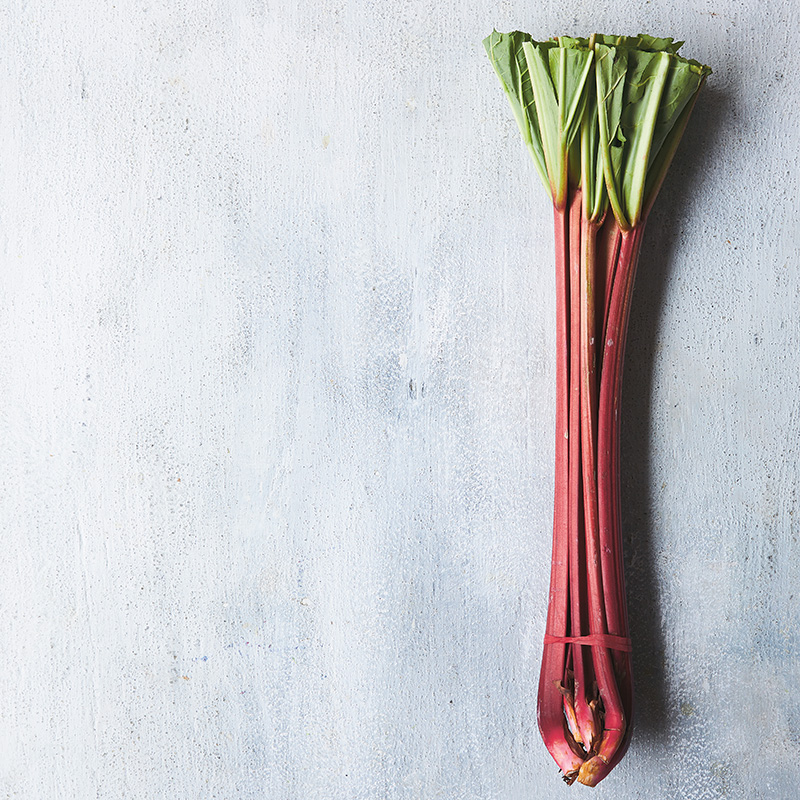
To store rhubarb, cut off the leaves and discard, as they are high in oxalic acid, which is toxic to humans. Rhubarb stems will last for up to two weeks in the fridge, wrapped in a tight bundle with the ends exposed. This stops the stems from drying out and going soft, but allows gas to escape.
Waste tip
If you have a stem or two of left-over rhubarb, try pickling it—it’s tart and tangy and a great addition to green salads and potato salads.
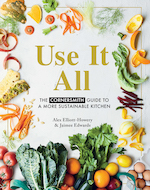
Images and text from Use It All by Alex Elliott-Howery and Jaimee Edwards, photography by Cath Muscat. Murdoch Books RRP $39.99.
How helpful was this article?
Click on a star to rate it!
0 / 5. 0
Be the first to rate this post!
Alex Elliott-Howery & Jaimee Edwards
Related posts
Subscribe
Receive personalised articles from experts and wellness inspiration weekly!

